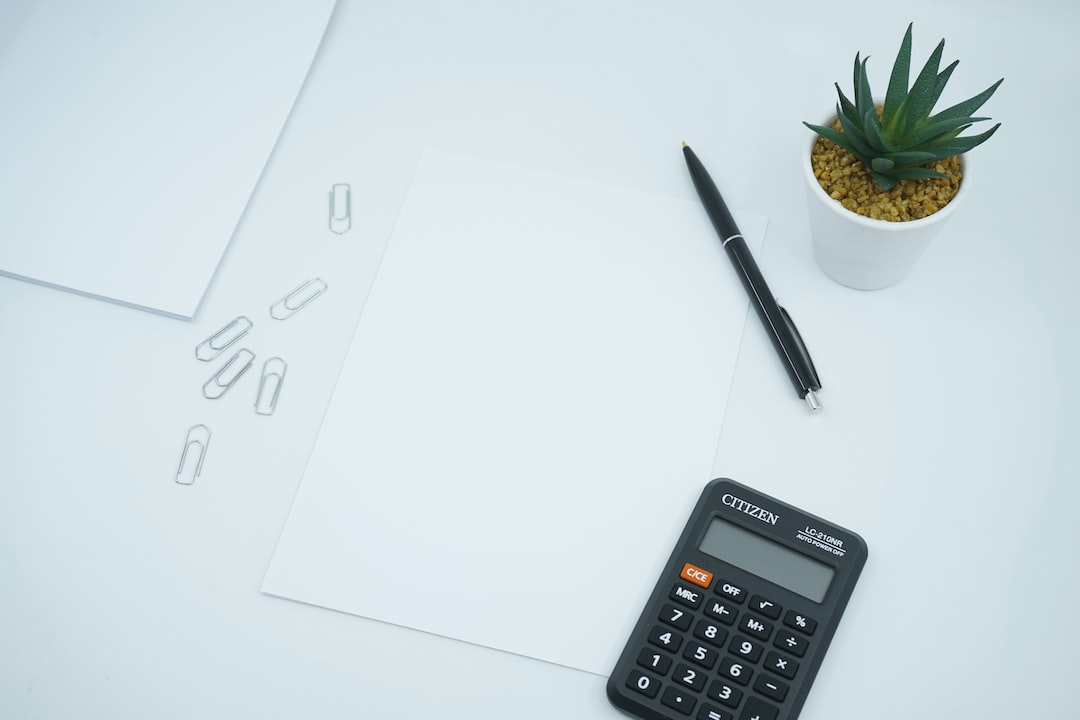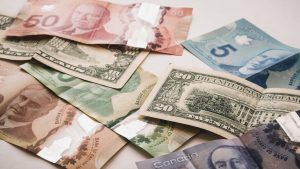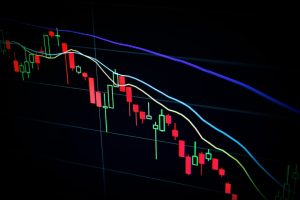Forex trading has become increasingly popular over the years, and with the rise in demand for forex trading, there has been a significant increase in the number of forex brokers in the market. Forex brokers are financial institutions that act as intermediaries between traders and the forex market. They provide traders with the necessary tools and platforms to enter and exit the market.
Forex brokers make money in several ways, and in this article, we will explore some of the most common methods they use.
Spread
The spread is the difference between the bid price (the price at which the broker is willing to buy a currency) and the ask price (the price at which the broker is willing to sell a currency). Forex brokers make money through the spread. They charge a small commission on each trade, which is usually calculated as a percentage of the spread. The spread can vary depending on the currency pair, the broker, and market conditions.
For example, let’s say a broker has a spread of 1 pip on the EUR/USD currency pair. If a trader buys one lot of EUR/USD, the broker will charge a spread of 1 pip, which is equivalent to $10. The broker keeps the $10 as profit.
Commission
Some forex brokers charge a commission on each trade instead of making money through the spread. The commission can be a fixed amount, a percentage of the trade’s value, or a combination of both. The commission can vary depending on the broker and the type of account a trader has.
For example, let’s say a broker charges a commission of $5 per lot on the EUR/USD currency pair. If a trader buys one lot of EUR/USD, the broker will charge a commission of $5. The broker keeps the $5 as profit.
Swap
A swap is the interest rate differential between the two currencies in a currency pair. Forex brokers make money through swap by charging a fee for holding a position overnight. The fee can be positive or negative, depending on the currency pair and the interest rates of the currencies involved.
For example, let’s say a trader buys one lot of EUR/USD and holds the position overnight. If the interest rate on the euro is higher than the interest rate on the US dollar, the broker will pay the trader a positive swap. If the interest rate on the US dollar is higher than the interest rate on the euro, the broker will charge the trader a negative swap.
Markups
Forex brokers can also make money through markups. A markup is an additional charge that a broker adds to the spread or commission. Markups are usually applied to trades made through electronic communication networks (ECNs) or straight-through processing (STP).
For example, let’s say a trader buys one lot of EUR/USD through an ECN. The spread on the EUR/USD currency pair is 1 pip, but the broker adds a markup of 0.5 pips. The trader pays a spread of 1.5 pips, and the broker keeps the markup of 0.5 pips as profit.
Conclusion
Forex brokers make money in several ways, and understanding how they make money is essential for traders. Traders should choose a broker based on their trading needs and the broker’s pricing model. It is essential to read the broker’s terms and conditions carefully, as some brokers may have hidden fees or charges. A reputable forex broker should be transparent about their pricing and fees and should provide excellent customer service.






